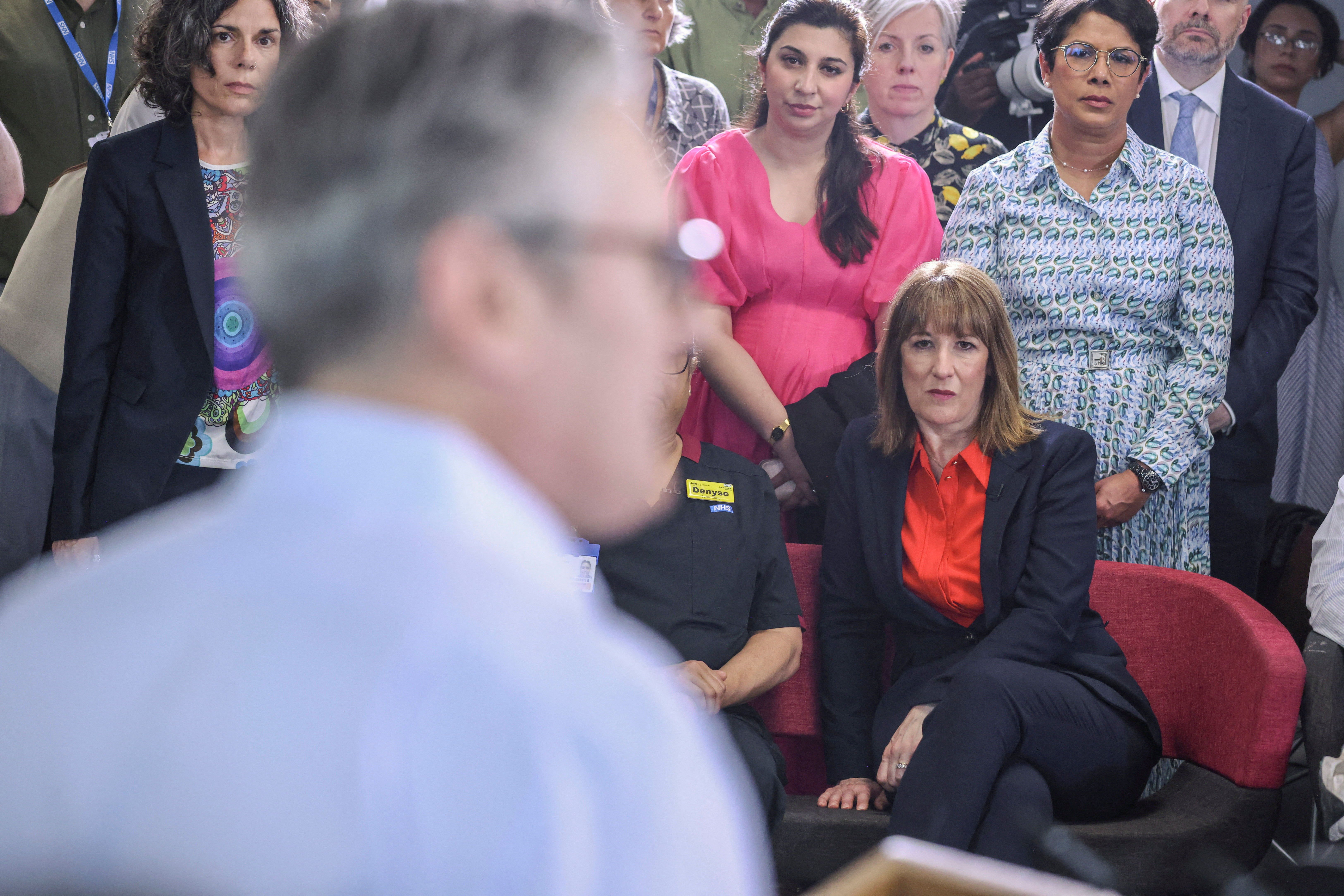Cyprus spends the least amount of money on books, and has one of the lowest rates of literacy in Europe. ALIX NORMAN asks why the island won’t read
Guess which European country reads the least?!
Yup. Right down at the very bottom of the ranks, well below its continental counterparts, sits Cyprus.
Rich in history and culture we may be. But readers we’re not.
A 2023 EU survey paints a stark picture. Just 0.4 per cent of our household income goes on books and newspapers – five times less than the amount spent by Slovakia (the continent’s biggest readers), and three times lower than spent by Croatia, Germany, Estonia, Latvia and Iceland.
Add to that the recent reports on the island’s abysmal literacy rates (kids in Cyprus averaged a score of 381 on the PISA tests, compared with 438 in Greece, 456 in Turkey, and the EU average of 468), and we have a problem: Cyprus doesn’t read.
It’s ironic, isn’t it? This Tuesday, April 23, is World Book Day, celebrated by thousands around the world. And here you are, reading these very words. But maybe you’re the odd one out. After all, when was the last time any of your friends chatted to you about books they were reading, as opposed to Netflix series they’re watching or films they’ve seen?
Granted, the island’s weather doesn’t lend itself to curling up with a cup of cocoa and a cosy read. When you have 330 days of sunshine a year, you want to get out and about. We’re also a pretty social place: according to the European Social Survey, 45 per cent of us meet up with friends at least once a week (a figure that’s second only to Poland).
But there’s also an interesting historical imperative.
The island’s former conquerors (including the Greeks, Romans and Byzantines) placed a high value on oral storytelling as a means to educate, entertain and preserve cultural heritage; Homer’s Iliad and Odyssey, for example, were composed to be performed aloud.
And Cyprus was known for its pithkiaoulis (traditional storytellers who travelled from village to village telling stories, reciting poems and sharing news) – strong evidence of a culture rich in oral storytelling rather than reading.
Even the island’s more recent British occupiers didn’t contribute to a local love of reading, despite attempts at educational reform. In schools, the emphasis was often on English – not a language the vast majority could read. And colonial censorship of local press meant there was little point in reading when you were getting only one side of the story!
It’s a shame. Because reading has long been known to boost intelligence, reduce stress, slow cognitive decline and improve memory. More recently, it’s also been discovered to improve health and happiness.
In one study, reading fiction was linked to better performance on tests of empathy and social reasoning; another proved that reading for pleasure was associated with higher levels of self-esteem. And a 2016 study in Social Science & Medicine found that book readers had a 20 per cent reduction in risk of mortality compared to non-book readers.
Given that roughly 35 per cent of the island has a Bachelor’s, Masters or PhD – the highest percentage of any country in Europe – some of us must be reading. But how many continue to read for pleasure once they’re out of school?

BookTok is bringing young people back to reading
In an educational system that emphasises reading as a skill for academic success, it’s easy to neglect the joy of a good story. For many of the island’s children, books are seen as a chore rather than a pleasure.
And even if you are a budding bookworm, getting your hands on a book isn’t easy…
In the UK, almost every village has its own little library, often frequented by a mix of retirees and young families. The same goes for bookshops. But how many local libraries can you name offhand? And, once you’ve gone beyond the big three bookstores in Cyprus (Soloneion, Moufflon, and Kyriakou), there’s little else left.
At the same time, Greek is a bit of a niche language (according to the latest data available, less than 8,000 books were published annually across Greece and Cyprus. Compare that to roughly 4 million books per year in English), the majority of residents are being asked to read in a second language. That can’t be easy.
Most crucially, this is an island. So if you want a real book, it’s probably going to have to be flown in – either by you (how many times have you paled at Amazon’s shipping tally?) or a bookshop. And that just leads us back to the original problem: cost.
With the rising cost of living, maybe it’s no surprise that just 0.4 per cent of local household income goes on books and newspapers. When you’re barely surviving on your salary, and prioritising rent or mortgage, food and clothing, it’s not easy to drop €100 on cosy reads!
And if your kids are clamouring for entertainment, it’s unlikely to be books they’re after. They want tech; tech that will enable them to access reams of social media – which is primarily an audiovisual experience.
Although, among this litany of literary disaster, there is one beacon of hope. TikTok.
Bear with me here. TikTok may be the fastest-growing social media site ever to exist. And it may be almost entirely based on short videos. But, during the pandemic, it gave rise to something quite unusual – BookTok.
A thriving online community that’s part of TikTok, BookTok is where users share and celebrate their favourite books through creative videos. It sprang to life during the pandemic, offering a virtual space for book lovers isolated at home, and turning reading into a collective, engaging experience.
It’s a phenomenon that has significantly influenced book sales, with Young Adult publishers noting a surge in demand for titles that go viral on the platform. And, in a way, it might be perfect for Cyprus. Because not only does BookTok blend our tradition of oral storytelling tradition with modern digital engagement, it’s making reading sexy again!
Granted, it may be a while before we see kids flaunting their copies of Wuthering Heights in the playground in the same way they show off a new iPhone. But it’s a start. Because Cyprus, you need to read!







Click here to change your cookie preferences